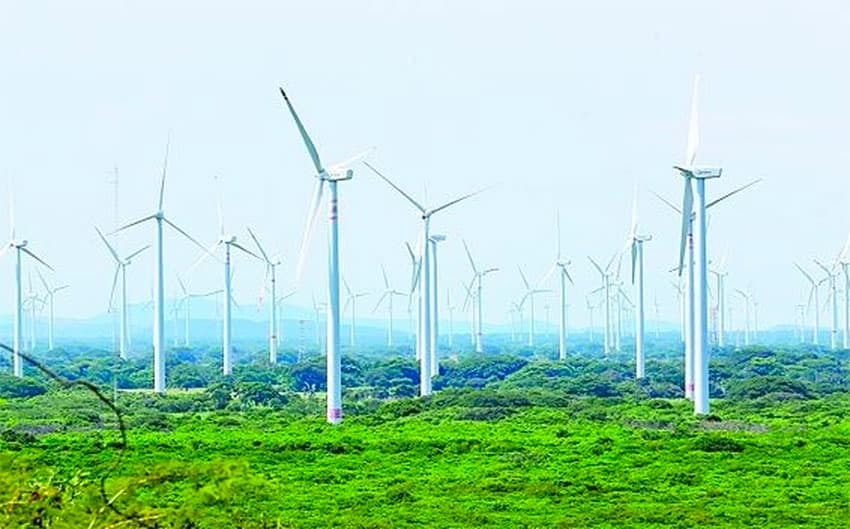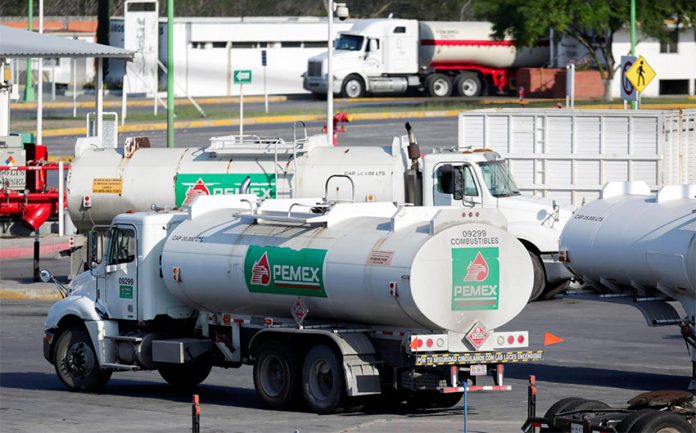It was mid-afternoon on the Monday after Christmas when the messages started flooding Twitter: power cut. No lights. First the reports came from different parts of Mexico City, then across the country.
As 10.3 million users had their electricity abruptly shut off, it soon became clear that this was not the usual kind of local outage in a country where utility poles are often tangled with illegally-connected wires used to steal electricity — known as “little devils.”
This was a significant event. The CFE, the state electricity company — which perhaps advisedly seems to have stopped advertising itself as “a world-class company” — tweeted that cutting off users was necessary to avoid pulling the plug on the entire national grid.
According to Manuel Bartlett, CFE’s director, in numerous press briefings, the culprit was renewable energy. Because renewable power is intermittent — sunshine and wind are not constant — and must be backed up by other sources, it puts strain on the system. It is an argument the government has used repeatedly in its attempt to reduce renewable energy producers’ participation in the sector.
Yet, back in 2015, the White House hailed Mexico as “setting an example for the rest of the world” after it became the first developing nation to submit climate change pledges, including generating 35% of electricity from clean energy by 2024, ahead of the landmark Paris agreement.

President López Obrador’s championing of fossil fuels has changed all that. Only about 6% of Mexico’s electricity comes from renewables even though the cost of green generation is less than half that of gas-fired or other thermal power plants. The government has spent months trying to force through ways to squeeze private players in favour of the CFE.
Mexico skipped a summit last month designed to take stock of the world’s progress towards the Paris climate goals. Two weeks later, in a cosmic come-uppance, the power cut happened. It seemed to underscore López Obrador’s determination to impose his statist vision on Latin America’s second-biggest economy even if, quite literally, the lights go out.
Independent energy experts say the government’s aversion to green power generation is political — many other countries rely heavily on renewables. They say that the problem with the grid has more to do with under-investment in transmission lines, which are under CFE control.
For the president and Bartlett, the CFE is unfairly criticized. López Obrador says the neoliberal policies of his predecessors would have privatized the sector and killed off the CFE. Officials last year repeatedly tried to ram through rule changes, including increasing transmission tariffs on companies generating their own electricity and stalling permits. Courts have blocked the attempts, but investors are alarmed.
Now Bartlett has seized on the outage to have another go. The former minister is notorious for another system crash: the vote count in the 1988 presidential election, which he was in charge of. It suspiciously failed as the ruling PRI party was lagging behind. When the system came back up, the PRI won.
The December 28 power cut was similarly tainted by fraud allegations. The CFE said the outage was triggered by a fire under transmission lines in the northern state of Tamaulipas and presented a letter, purportedly from the state Civil Protection agency, to support its claims. But the letter was fake — as the CFE and López Obrador were finally forced to admit.
Bartlett stuck to his core assertion: the real reason the transmission lines were so strained was because of renewables. As a result, the supposedly independent electricity market operator, Cenace, would be “obliged” to remove some renewable generation. Meanwhile, López Obrador is building a new oil refinery. He has vowed to boost coal-fired generation and wants green power to come from CFE-owned hydropower plants. Mexico’s Paris pledges now look out of reach.
Back when Washington was lauding Mexico, Joe Biden was vice-president. As he enters the White House, López Obrador’s policies look more like those of climate change deniers such as outgoing President Donald Trump and Brazil’s Jair Bolsonaro.
© 2021 The Financial Times Ltd. All rights reserved. Please do not copy and paste FT articles and redistribute by email or post to the web.
